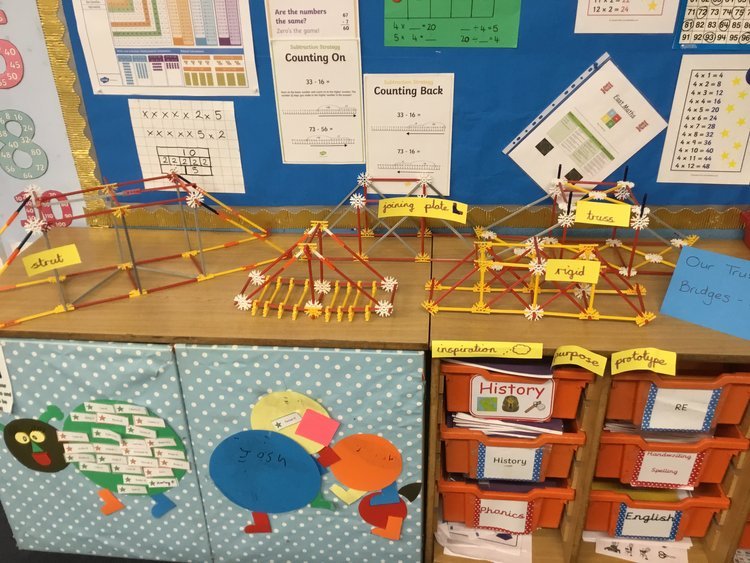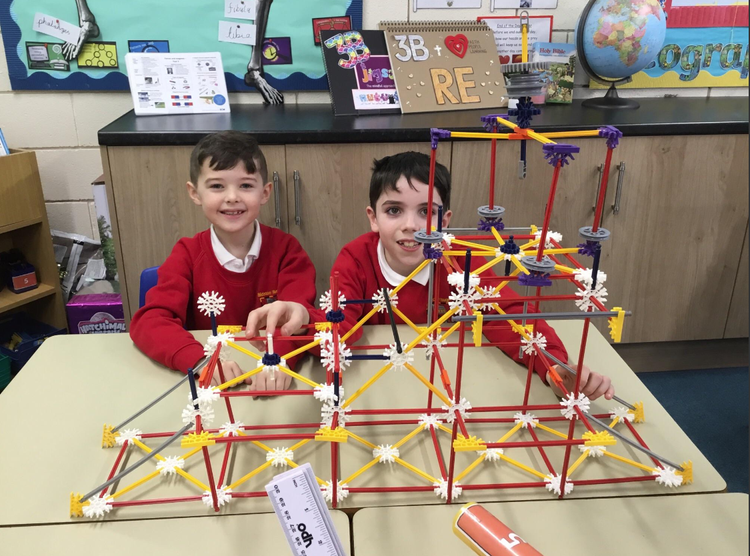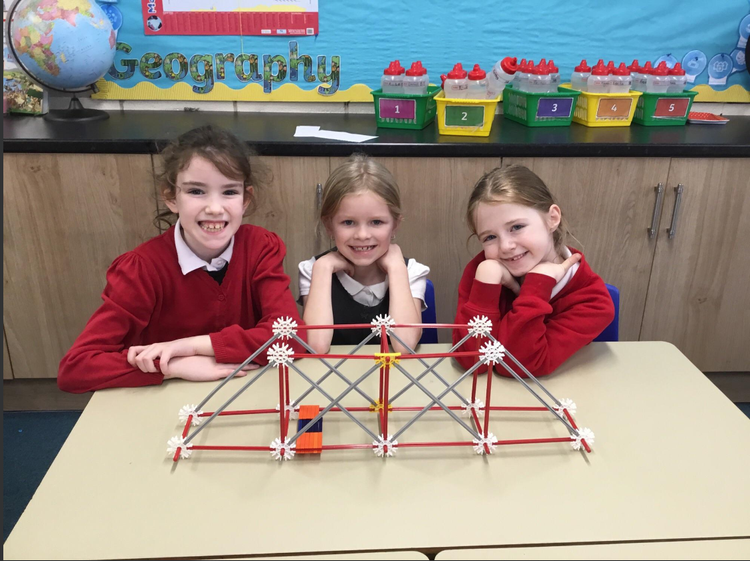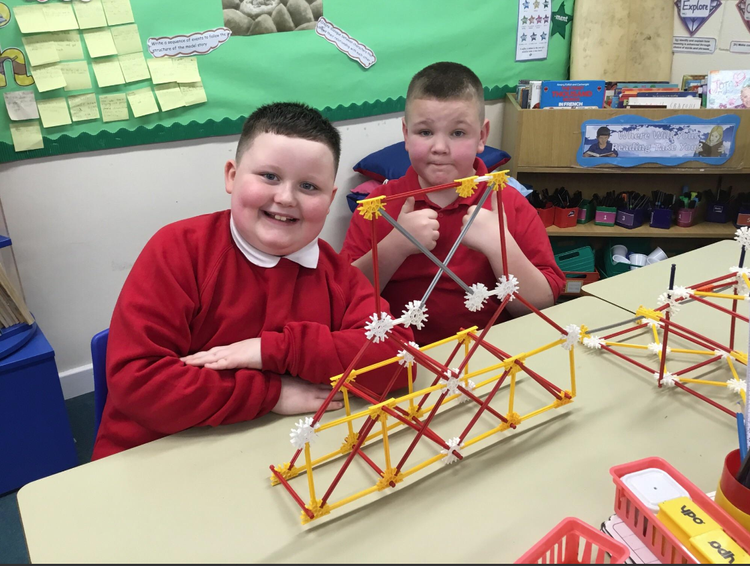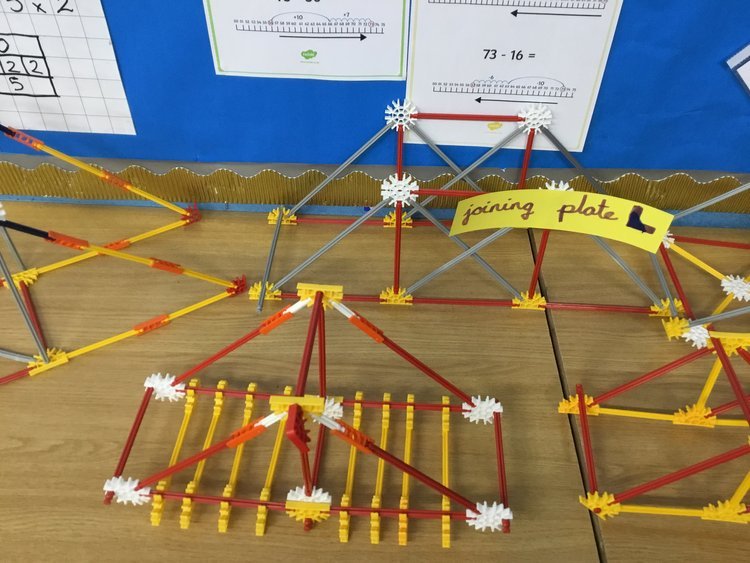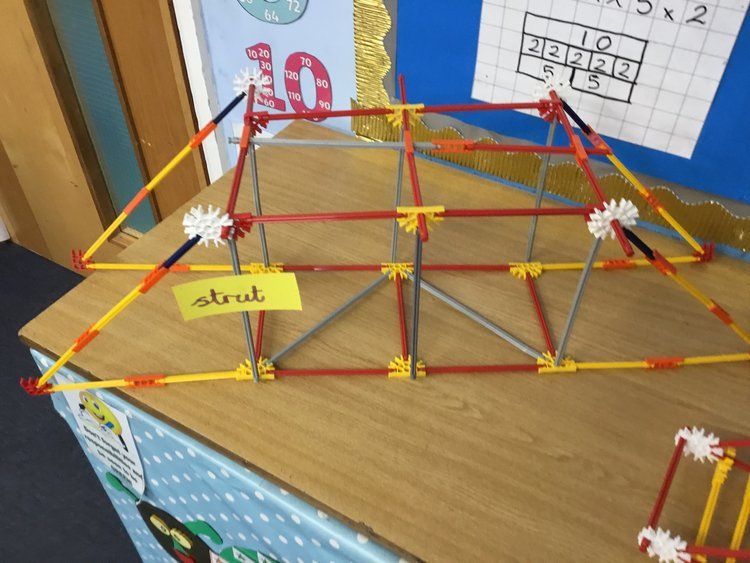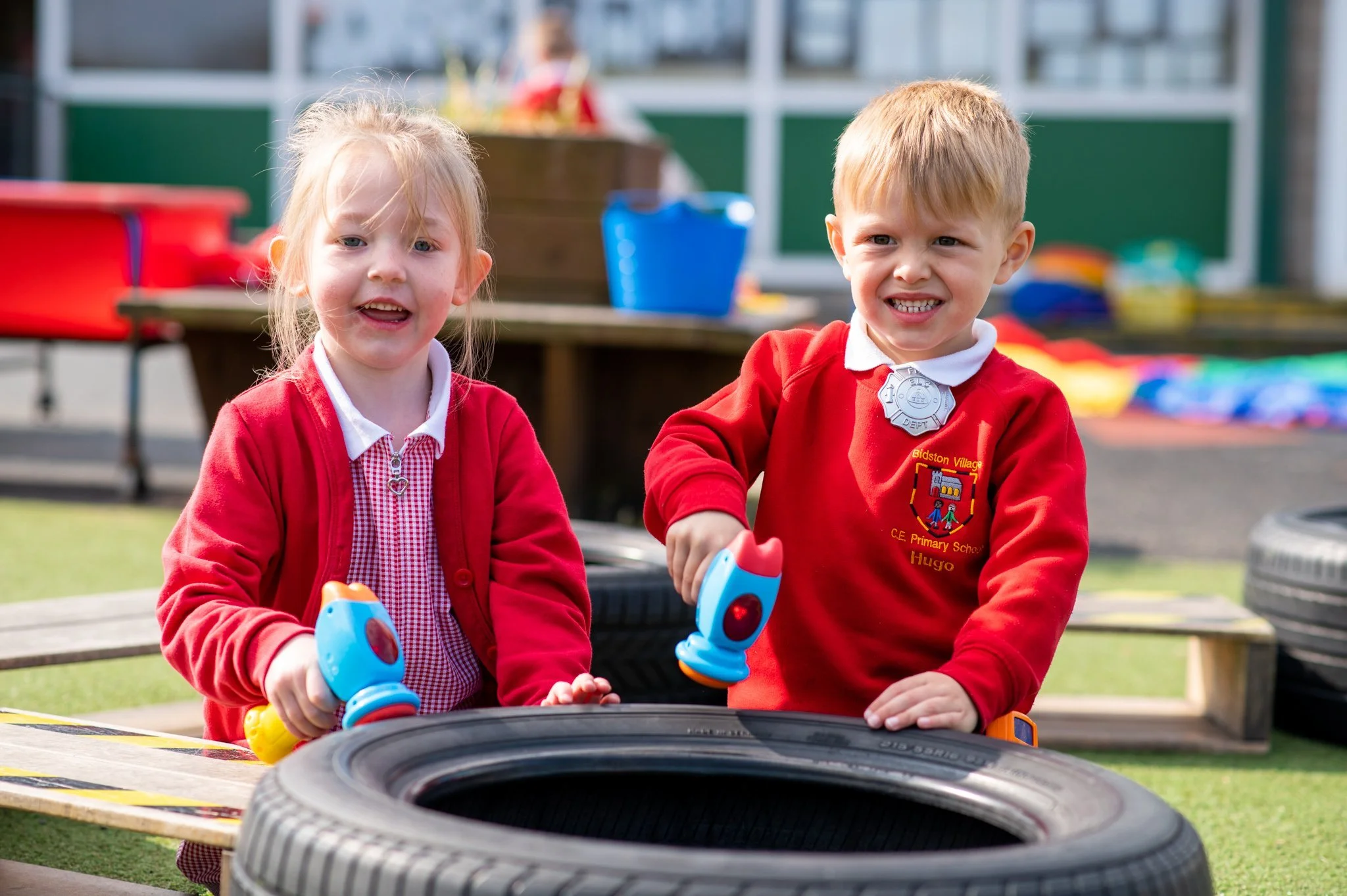
Design and Technology

D.T. at Bidston Village
-
“My name is Mrs Wall - as Bidston Village’s lead practitioner in DT I firmly believe it brings learning to life. It is a motivating context for discovering literacy, mathematics, science, art, PSHE, and IT. Primary Design and Technology also provides a firm basis for later learning in the subject and a platform for developing skills in English and Maths.”
“Design is not just what it looks like and feels like. Design is how it works.” –Steve Jobs
“Good design is like a refrigerator—when it works, no one notices, but when it doesn’t, it sure stinks.” –Irene Au
“Creativity is nothing but a mind set free.” –Torrie T. Asai
“It’s through mistakes that you actually can grow. You have to get bad in order to get good.” –Paula Scher
-
At Bidston Village Primary, we intend to build and deliver a high-quality Design and Technology curriculum, which fosters the enjoyment, satisfaction and purpose in designing and making products and in learning how to cook. We aim to develop creative, curious learners who have the ability to embrace an ever-changing environment. Through the acquisition of appropriate knowledge and skills, we aim to develop children’s creative, technical and imaginative thinking so that they can design innovative, thoughtful products for a range of users. Children will have the opportunity to apply their growing body of knowledge and skills in order to design, make and evaluate their own ideas and products. They will also understand how to apply the principles of nutrition and learn how to cook independently. Our aim is for children to become resourceful, innovative and competent young designers, who will develop the capacity to problem solve by stimulating creativity and imagination through the production of quality products that solve real and relevant problems within a variety of contexts, considering their own and others’ needs.
-
From Foundation Stage through to Year 6, pupils are given opportunities to explore the use of materials and tools; to design and make prototypes; to discuss how things work; and to discuss how they could be improved. They are presented with design problems to solve. Design and Technology is taught through areas of learning in accordance with EYFS documents and the National Curriculum for KS1 and KS2.
To ensure high standards of teaching and learning in Design and Technology, we implement a curriculum that is progressive throughout the whole school. Progression in skills and knowledge are clearly outlined in our Design and Technology progression grid, which maintains strong links to the National curriculum.
DT taught termly, following the ‘research, design, make, evaluate’ model and learning journeys in books/portfolios will evidence this.
Key Stage One, Lower Key Stage Two and Upper Key Stage Two will teach the subjects from long term progression (3 areas each year from- food technology/ structure/ mechanisms/ electronics -each year group will cover Food Technology once each year. )
Food Technology has a focus on Healthy Eating.
Teachers use the D&T Curriculum Essentials documents to plan effective D&T lessons that ensure progression across the school. These can be used alongside online resources such as, data.org.uk, sustainable learning.com, planbee.com, STEM.org.uk, teachwire.net etc.
Teachers will encourage the correct technical vocabulary by planning and modelling the technical vocabulary to help embed the language in the children’s long term memory.
Where possible, D&T is integrated alongside other subjects to ensure full submersion of the curriculum.
Children are given the opportunities to experience D&T on educational visits. The children have visited local museums, food establishments and had visitors into school.
Teachers are provided with regular opportunities to develop their own subject knowledge through sharing good practice.
D&T will be assessed using the school’s assessment model and ongoing monitoring will take place through book looks and learning walks.
-
Our Design and Technology curriculum is planned to demonstrate clear progression. Thoughtful planning of progression enables children to develop the creative, technical and practical expertise needed to perform everyday tasks confidently and to participate successfully in an increasingly technological world. We want our children to leave Bidston Village equipped with the skills to prepare and cook a meal as well as understanding the importance of a healthy and varied diet. Children will be able to apply their knowledge, understanding and skills to design and make products of increasing quality for its audience’s needs. Children will be self-critical learners who are confident to self-evaluate their final product, discussing its strengths and weaknesses and offering ways in which their work can be improved. They will gain necessary skills for the future, by developing their ability to collaborate, investigate, design and evaluate. They will be equipped with transferable skills needed to help them succeed in future work life.
